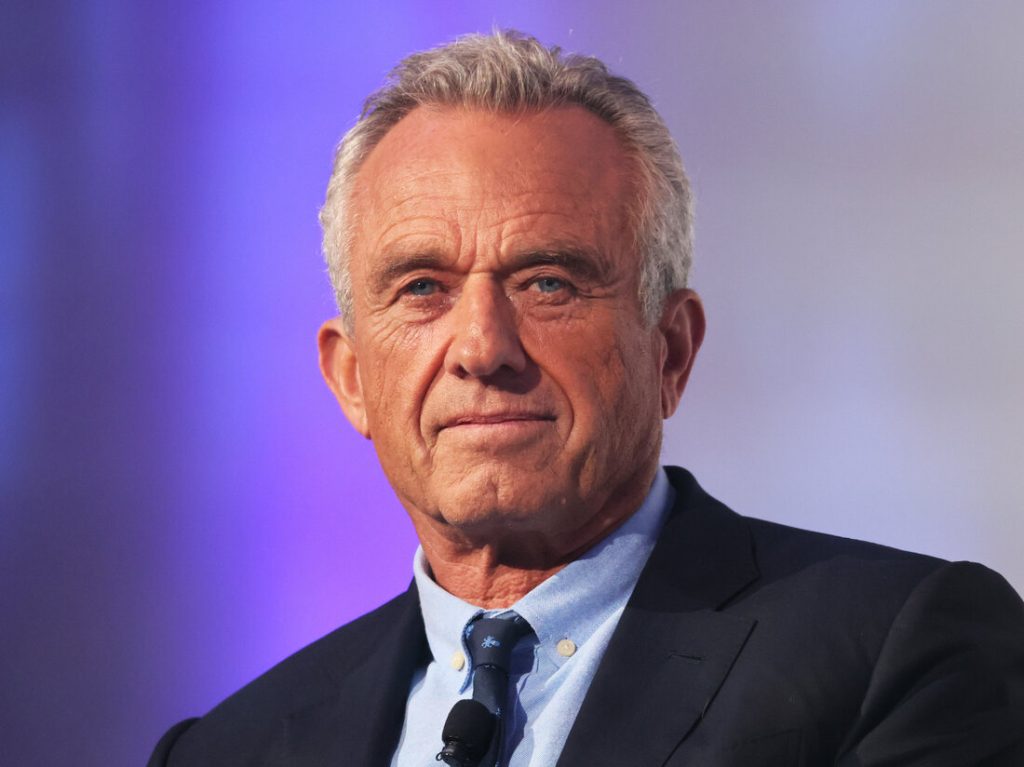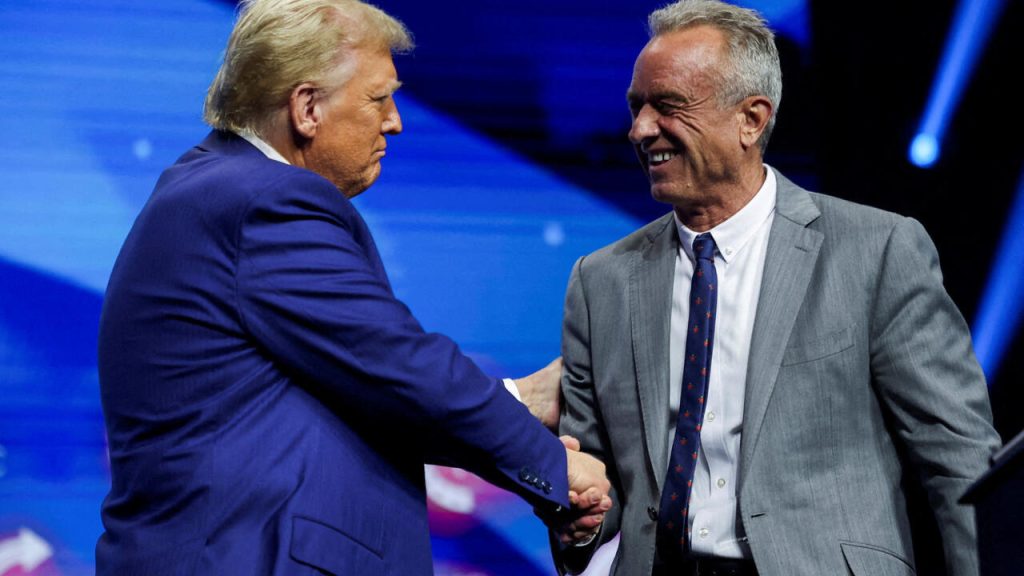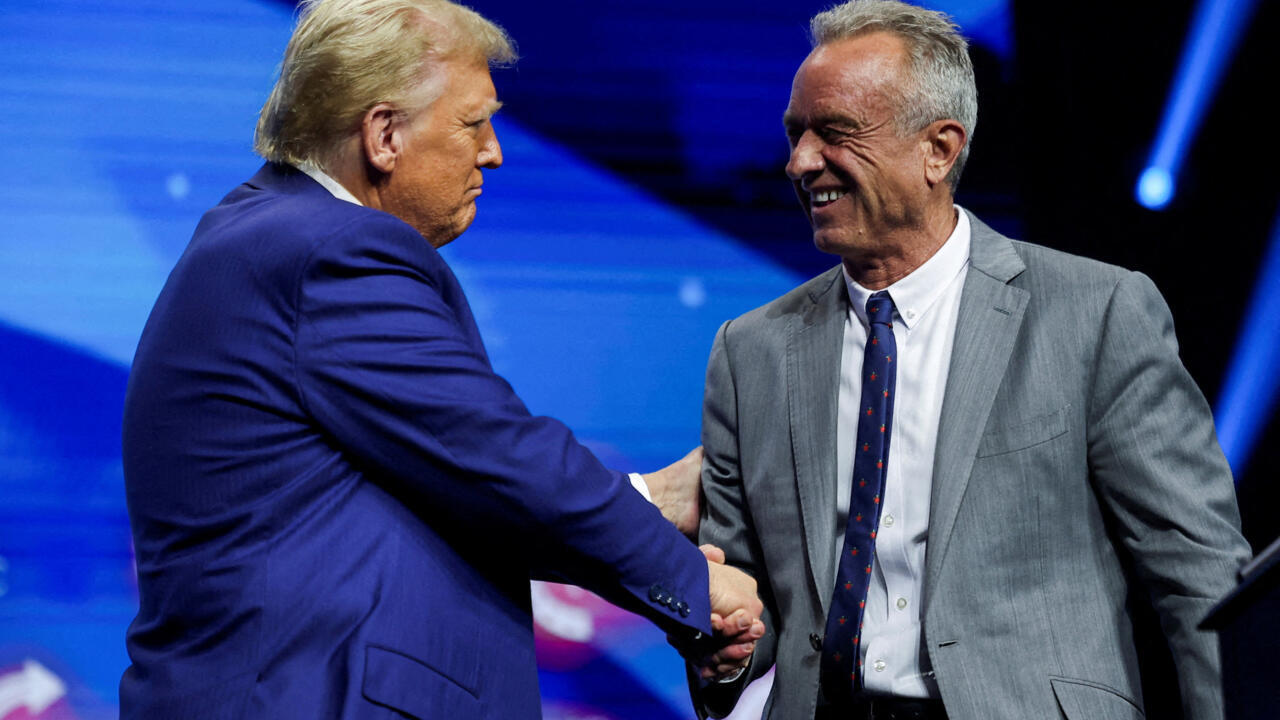Robert F. Kennedy Jr. and His Battle with Spasmodic Dysphonia
Robert F. Kennedy Jr., a well-known environmental lawyer and political figure, recently testified before the Senate, drawing attention not only for his statements but also for his distinct speech pattern. For decades, Kennedy has lived with a rare neurological disorder called spasmodic dysphonia, which affects his ability to speak clearly.

Understanding Spasmodic Dysphonia
Spasmodic dysphonia is a neurological voice disorder that causes involuntary muscle spasms in the larynx, or voice box. These spasms disrupt the normal vibration of the vocal cords, resulting in a strained, choppy, or raspy voice. The severity of the condition varies from person to person. Some individuals experience occasional interruptions in their speech, while others struggle to communicate altogether.
According to the National Institutes of Health (NIH), spasmodic dysphonia is categorized into two main types:
- Adductor spasmodic dysphonia: The most common form, where vocal cord spasms cause words to sound strangled or tight.
- Abductor spasmodic dysphonia: A rarer form, in which spasms cause the vocal cords to stay open, making the voice sound weak or breathy.
The Impact on Kennedy’s Career
Kennedy’s speech condition has been a subject of public curiosity and, at times, misunderstanding. As a public speaker and political figure, the disorder presents unique challenges. However, he has not let spasmodic dysphonia deter him from engaging in advocacy, politics, and public service.
Despite his condition, Kennedy has been a strong voice in environmental activism, vaccine policy debates, and political discourse. His persistence in public speaking engagements highlights his resilience and determination to be heard despite his vocal challenges.

Treatment and Management
There is no known cure for spasmodic dysphonia, but various treatments can help manage its symptoms. The most common treatment includes Botox injections into the vocal cords, which temporarily reduce muscle spasms and improve voice quality. Other options include speech therapy, lifestyle modifications, and in some cases, surgery.
Raising Awareness
Kennedy’s openness about his condition has helped raise awareness of spasmodic dysphonia, a disorder that affects only a small percentage of the population. By continuing to engage in public discussions, he sheds light on the challenges faced by individuals with voice disorders and encourages broader conversations about accessibility and inclusivity in public speaking roles.

Conclusion
Robert F. Kennedy Jr.’s battle with spasmodic dysphonia is a testament to his perseverance. While his voice may sound different due to this rare neurological disorder, his commitment to advocacy and public service remains unwavering. His journey highlights the importance of understanding and accommodating individuals with speech disorders, ensuring that everyone has an equal opportunity to be heard.
President Donald Trump nominated Kennedy as his pick for Health and Human Services secretary. As a vaccine skeptic, he’s a controversial figure when it comes to health and health care, leading to a contentious confirmation hearing on Wednesday.
